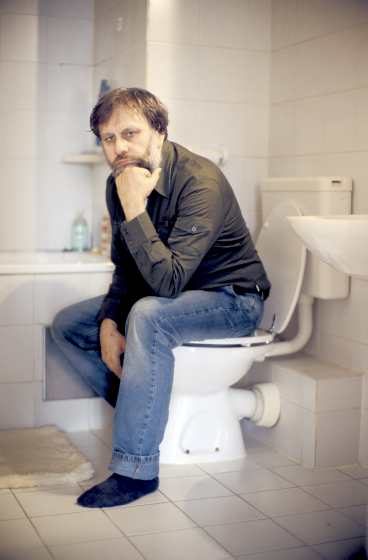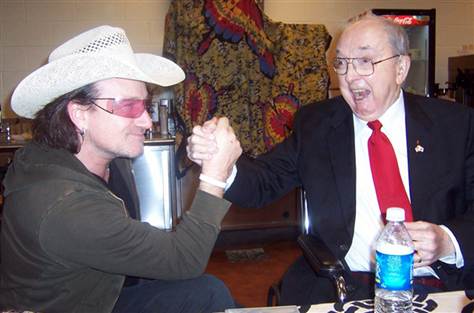The opening of Terry Eagleton’s Guardian review of the two most-recent books (Absolute Recoil and Trouble in Paradise) from the always-unplugged fountain of Slavoj Žižek, that mixed blessing:
“It is said that Jean-Paul Sartre turned white-faced with excitement when a colleague arrived hotfoot from Germany with the news that one could make philosophy out of the ashtray. In these two new books, Slavoj Žižekphilosophises in much the same spirit about sex, swearing, decaffeinated coffee, vampires, Henry Kissinger, The Sound of Music, the Muslim Brotherhood, the South Korean suicide rate and a good deal more. If there seems no end to his intellectual promiscuity, it is because he suffers from a rare affliction known as being interested in everything. In Britain, philosophers tend to divide between academics who write for each other and meaning-of-life merchants who beam their reflections at the general public. Part of Žižek’s secret is that he is both at once: a formidably erudite scholar well-versed in Kant and Heidegger who also has a consuming passion for the everyday. He is equally at home with Hegel and Hitchcock, the Fall from Eden and the fall of Mubarak. If he knows about Wagner and Schoenberg, he is also an avid consumer of vampire movies and detective fiction. A lot of his readers have learned to understand Freud or Nietzsche by viewing them through the lens of Jaws or Mary Poppins.
Academic philosophers can be obscure, whereas popularisers aim to be clear. With his urge to dismantle oppositions, Žižek has it both ways here.”


